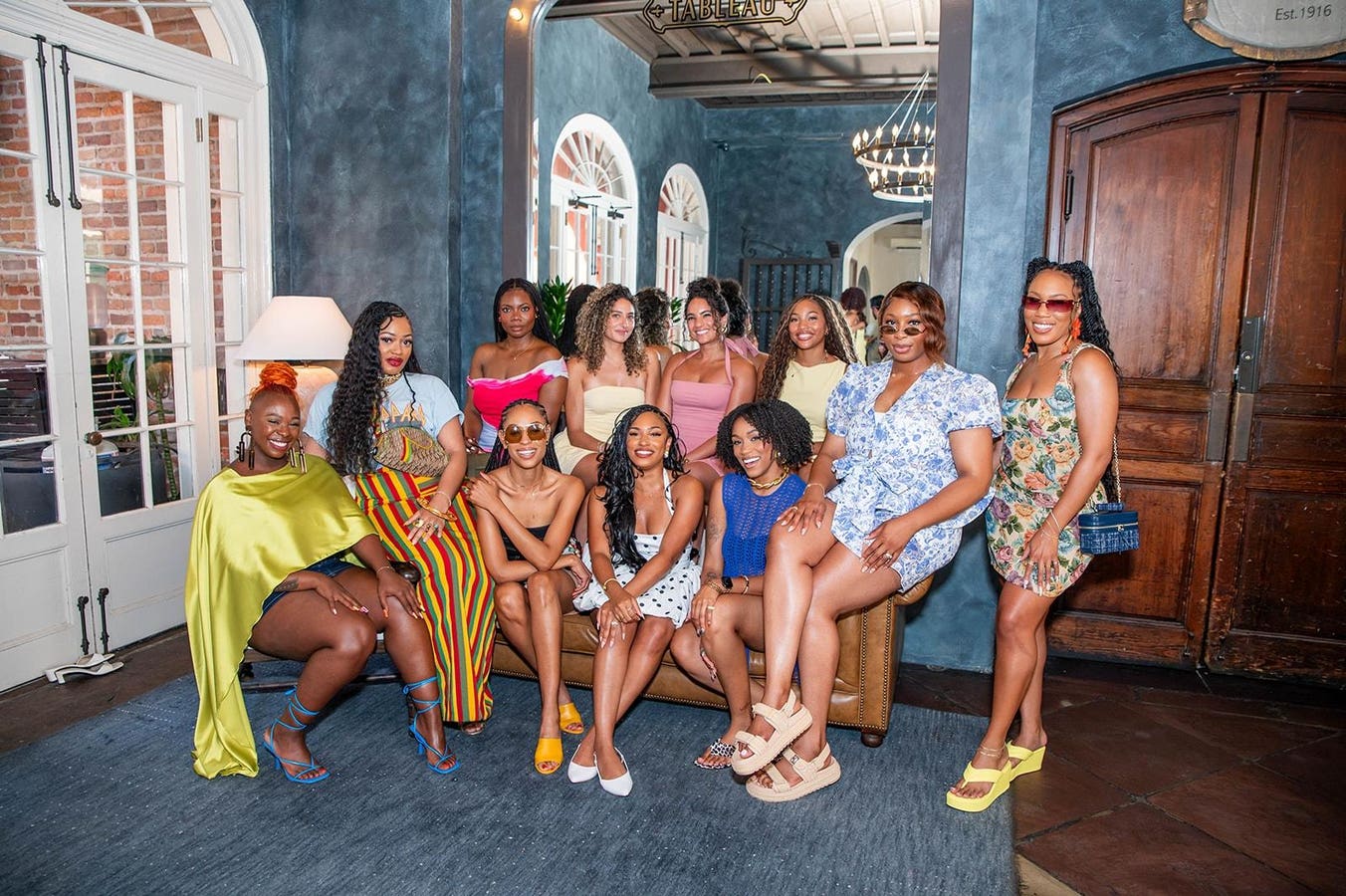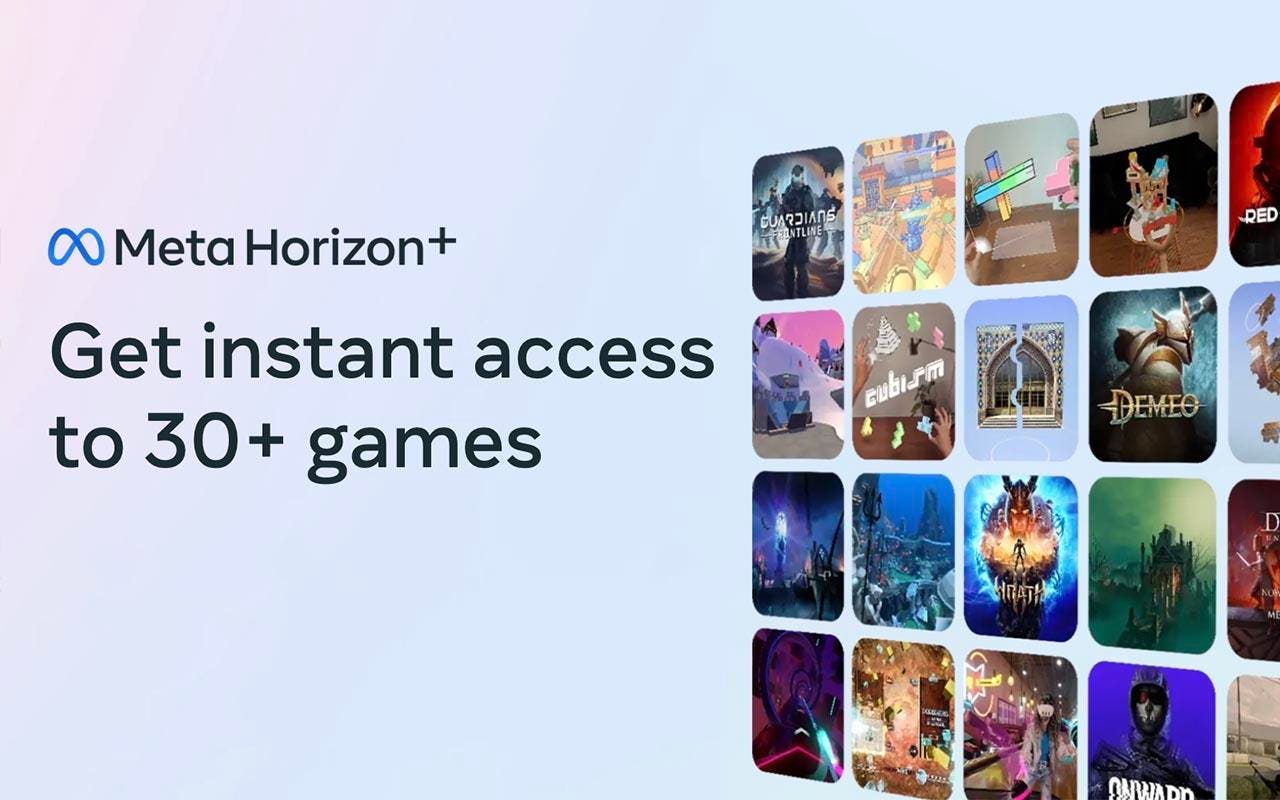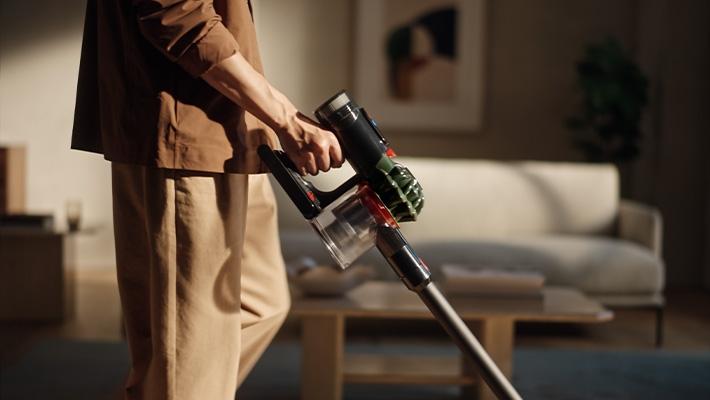SOC18TY influencers at Essence Fest-related event.
Black women influencers have been major stakeholders in the $24 billion global influencer marketing industry, and this past weekend at Essence Fest, that was on full display. From micro-influencers to creators boasting six-figure audiences, there were creators from a variety of niches ready to network and expand their reach. Their goals were to build visibility, land new deals and signal influence among an audience that spans both social and corporate ecosystems. According to McKinsey & Company, Black women over-index on fashion spending, and they are also more likely to follow and trust influencers who look like them. This makes Black women influencers powerful cultural intermediaries for brands that are looking to tap into dissatisfied customers who may feel a lack of diversity in how corporations market products to them.
Black Girl Fashion as Capital
Essence Fest has continued to position itself as a forum for Black-owned brands to tap into their brand equity. This year, influencers understood that and monetized it. The festival’s unofficial dress code leaned into three dominant themes: maximalism, nostalgic Black girl luxury and independent designers, and the looks ranged from butterfly-themed two-pieces, feathered tops and silk sets to braided buns with hair jewelry and statement sunglasses, all visually optimized for content. For Crystal Obasanya, a Dallas-based lifestyle influencer, the celebration was about honoring personal evolution and cultural heritage.
Crystal Obasanya poses in front of the Hilton hotel in New Orleans, LA.
“I approached fashion at Essence with a balance of self-expression, culture, and comfort, especially as I’m expecting. I wanted my looks to reflect this season of life while still honoring the legacy of Black fashion,” Obasanya said. “A few of my outfits were inspired by Black dandyism and the excellence that has always been at the heart of Black style.”
For Obasanya, fashion is also a portal for visual storytelling in a way that makes room for the right opportunities.
“Fashion plays a big role in my brand because it helps tell my story visually, both personally and professionally,” she said. “It also creates natural opportunities for partnerships with brands and designers who align with my approach to style, whether that’s through celebrating culture, embracing bold fashion or offering comfort-forward pieces that still feel elevated.”
That logic has driven a growing number of creators and stylists to treat Essence like Fashion Week. Some even arrive with their own photographers and glam squads. The result is a style economy that mirrors—and arguably rivals—the energy of Coachella or NYFW, but with a distinctly Black woman lens. This matters because, in an attention economy, aesthetics drive reach, and reach drives revenue.
A group of content creators pose for a photo at an event in New Orleans, LA during Essence Fest … More
The Creator Economy, Dressed by Black Women
TikTok trends and the fast-paced digital zeitgeist have made visibility a form of social currency, with fashion becoming a major part of that movement. Black women are among the savviest players in that space, actively wearing the trends, setting them and tagging brands for marketing leverage. The most effective partnerships in this equation are those that come from creators who attach brands to their narrative. A GRWM reel in a hotel room. A sponsored dinner look tagged in the French Quarter. A Day three recap showing outfit changes and sponsor placements. These touchpoints matter more than traditional ads.
Events like Society18’s private social hour, which was organized specifically for Black and brown creators, created a space for networking, particularly in light of the changing creator economy. Founded in 2019 by Pamela Zapata, Society18 is a woman- and minority-owned agency that represents multicultural and multiethnic creators. The agency’s primary goal is to empower Black and Brown influencers to approach brand deals with an emphasis on ownership, strategy and long-term value. This focus on both business and identity is what gives creators marketing leverage at Essence Fest.
Influencer Takia Nelson poses for a photo.
Why Brands Should Pay Closer Attention
For decades, many fashion brands have been late to recognize Black women as a target audience to commercially center in their campaigns. The shift toward recognizing Black women as tastemakers wasn’t organic but rather influenced by 2020’s racial shift, which forced corporate processes to evolve. Companies established supplier diversity programs and began tracking racial representation across their organizations, with many committing to increasing Black representation by 20% over three years. Although DE&I has experienced significant pushback ever since, the ripple effect from 2020’s reckonings is still present, especially at Essence Fest.
This year’s event saw activations from legacy and indie brands alike—Beautycon, Dove, SheaMoisture, Soko Market and GU Creators House—all eager to connect with creators who could authentically represent their products in-market. But the most valuable were in the comments and story views of the creators themselves. When micro-influencers posted their festival fits, shared beauty routines or styled an up-and-coming designer, they were testing ROI and engaging in brand visibility. And the smartest brands will build their Q3-Q4 plans accordingly.
Three influeners pose for a photo in the French Quarter.
Influencer marketing is not slowing down anytime soon. In fact, brands are expected to spend $9.29 billion on influencer-related campaigns in 2025, a 14.2% increase from the $8.14 billion invested in 2024, according to Shopify. For creators, especially those operating in culturally resonant spaces like Essence Fest, this signals not just opportunity, but leverage. Essence Fest has long been considered a cultural homecoming, and for Black women influencers, the event has given them an opportunity to set the pace and shape brand perception. As Obasanya put it:
“Black fashion at Essence Festival means showing up unapologetically, boldly, and joyfully. It means taking up space, celebrating your unique style, and having fun with what you wear. Whether it’s vibrant colors, striking silhouettes or meaningful accessories, Black fashion at Essence is always a reflection of creativity, heritage and freedom.”









